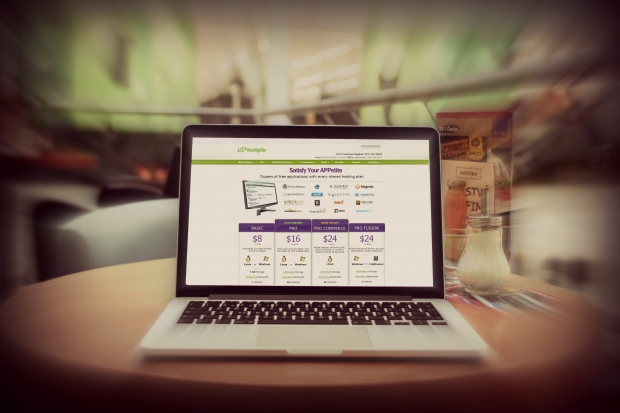The 5 Things You Probably Don’t Know About Your Website

1. There is a good chance it is out of date, and not secure.
Most websites run on a CMS framework – Drupal, WordPress, DotNetNuke. And a lot of these Frameworks are open source/community driven. The plus side of that is the basic framework is free. The downside is that these things tend to be security nightmares. Holes are found all the time, as well as exploited. Unless it is someone’s primary responsibility to continue to monitor for security updates, log them, and apply them through a rigorous change management process, there is a good chance your open source CMS website is at risk
2. If you paid someone/someplace to make you a website and you haven’t talked to them since you paid them, good luck trying to find them when there is a problem
The world of digital design is a wild one. It ranges from recent Art School grads with a Mac to DIY platforms from Intuit to large scale digital marketing firms. However, unless you have contracted with an established firm on a retainer to not only develop, but provide ongoing maintenance, support and upgrades, you are setting yourself up for a very bad day when the time comes for when you need to make a change, or if the site stops working.
3. Your web host probably knows nothing about you
If you contracted out for your website, odds are the entity that created it is not also hosting it – at least not directly. They most likely outsource the hosting to a hosting service provider. From the service provider perspective, the people who made the website are their customer – not you. Make sure you know who your provider is, and make sure they know who you are. Be a contact on that account so if you need to contact them for something, they won’t turn you away.
4. If you collect any sensitive information such as credit cards or SSN’s, you have some major compliance requirements as well as proof of compliance you need to maintain, and there is a good chance you are not compliant.
PCI, HIPPA, Etc…there are still a lot of people out there putting unencrypted sensitive data into databases that stick around forever. If you collect this type of info though your website, make sure you understand and are compliant with the various rules and regulations – as well as know what your responsibilities are for if a data breach occurs. Whenever possible, especially with credit card data, do not keep that data stored. Use it for the transaction and then get rid of it. Same for SSN’s and financial/medical records – only keep it for as long as you need it, then get rid of the data. Archive data in an encrypted format that is not being accessed somewhere that is not connected to the internet and where only a few very trusted people have the keys. Only bad things can happen when you keep sensitive information you no longer need
5. If your website makes you money 24×7, and you are not on the front page of Google, then it probably isn’t making you money.
How often do you look past the first page on Google when you are researching a purchase? Yeah, I don’t either. If you are not on the front page, then figure out how to get on the front page organically. While you figure that out, use AdWords and other ways to be on the front page for your products and services.
As Chief Strategy Officer, Brian oversees Product Development, Service Transition and Training for HOSTING. Brian is ultimately responsible for the overall customer experience. Brian was the 5th employee at HostMySite and has performed in various roles including Tier 2 Support Manager, Infrastructure Manager, Trainer, Project Manager, Director of Support Operations and Vice President of Operations. Brian has a bachelor’s degree in History and various other technical and business program certification from the University of Delaware. Additionally, he is a certified Scrum Master, certified Net Promoter Associate and ITIL Foundation Certified.
